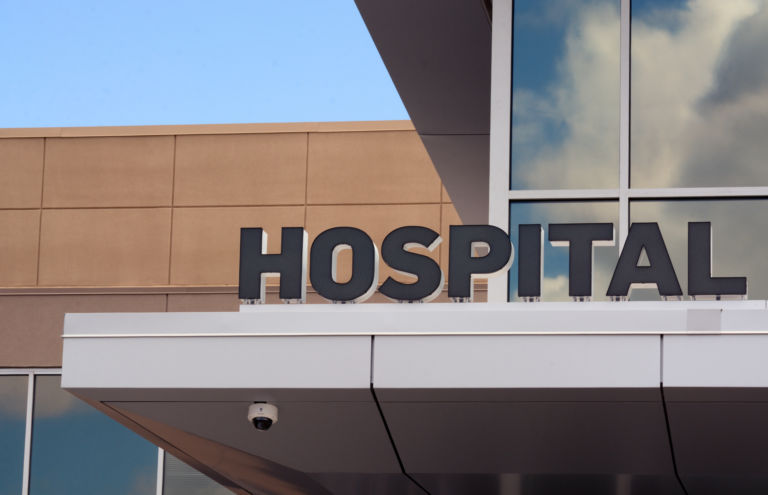Two separate stories caught my eye this morning as I looked through the news, and both just happened to involve the NHS – Britain’s National Health Service. These should be of interest to Americans because they likely reveal the future of health care here under Obamacare.
The first was a story about Jennifer Wederell, a 27-year-old woman with Cystic Fibrosis who waited for 18 months for a lung transplant. Finally, in April 2011, a match was found and she received the new lungs. But yesterday, 16 months after the transplant, she died of lung cancer. Why? Well, probably because the lung donor had been a heavy smoker, information that the doctors didn’t convey to Jennifer or her family until well after the transplant.
The second was about Neon Roberts, a 7-year-old boy with a brain tumor. His doctors said he needed further surgery to save his life, but his mother wanted to explore other options since the surgery itself was risky and could leave him mute. She was also concerned about follow-up radiation treatment. Last week, the UK’s High Court ruled that the surgery would go ahead, despite the mother’s objections. Lawsuits about the radiation treatment are ongoing.
Both of these stories concern me because they reveal the inevitable outcome of a system in which the government, not the patient, is in charge. In both of these cases, patients and their families lost control over their own care. Doctors, who were employed by the government, made choices without regard for the preferences of those patients and families. Jennifer never even got to make a choice about whether to take a smoker’s lungs or wait to see if another match became available, because the doctors didn’t give her what seems to me to be extremely relevant information. A patient in her position may want to take the lungs or may not, but she should always be given information and allowed to choose for herself. And parents have lots of different ideas about the appropriate ways to treat their children’s illnesses. Often others may questions the choices that parents make. But a child’s care is the responsibility of his parents, so Neon’s mother should be able to make choices, even if those are different than those that you or I might make or what doctors recommend.
And it doesn’t stop with parents making choices for their children. There’s also the other end of life, when children have to make choices about their parents’ care. Several weeks ago, a good friend of mine in Britain, along with his brothers and mother, was called to the bedside of his dying father. They were told that he would die within days. They were also told that he was too sick to drink water, though my friend’s father was obviously thirsty. The family fought hard. They pushed and pushed. They insisted that his father be given water. After much complaining and mumbling about “treating the patient, not the family,” the doctors finally relented and allowed him water. He’s still seriously ill, and he won’t live long, but weeks later, he’s also still alive. The idea that a family would have to fight to give a man water baffles me, and seems indicative of a system that has gotten completely out of control.
And yet, these are the things that happen when doctors and hospitals are answerable to government bureaucracies rather than individual patients and families. The doctors and nurses aren’t evil; I know many British doctors and nurses who are wonderful, caring people and very good at their jobs. But they are trapped in a system that isn’t patient-focused. If we care about continuing to be able to make choices regarding our own health care, then we should be concerned about any increase in the government’s involvement in that sphere. Does health care in America have serious problems that need to be addressed? Yes. But the answer isn’t more government control. For some better ideas, this John Locke Foundation report is a good place to start.


